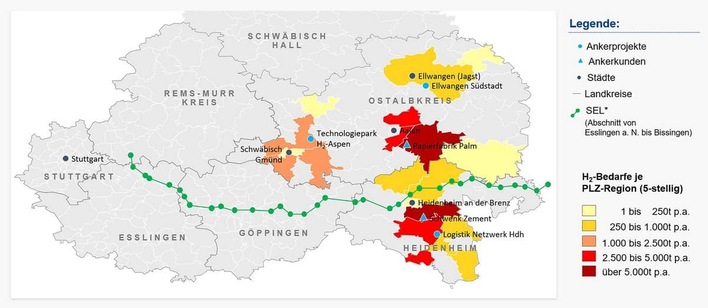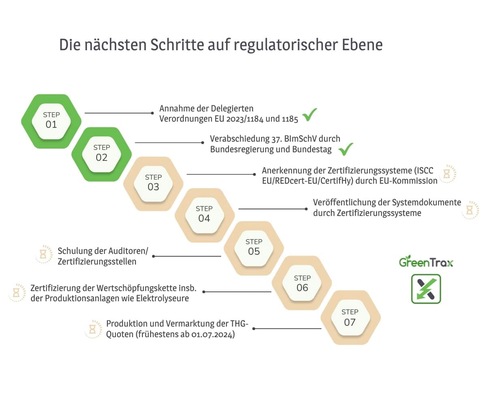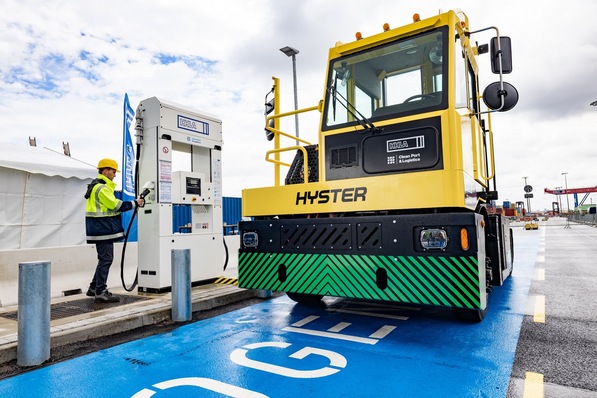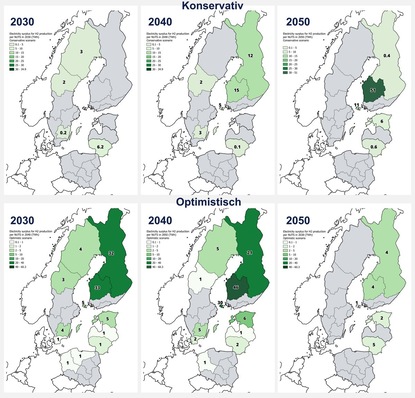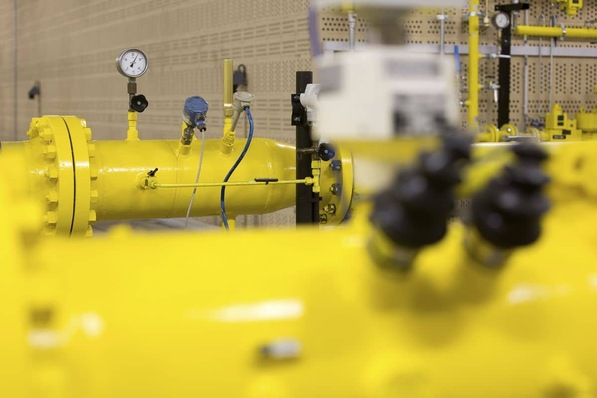The federal government has adopted the federal budget for 2025 as well as the key figures for the 2026 fiscal year. In addition, the use of the special fund amounting to 500 billion euros was discussed. The German Association of Energy and Water Industries (BDEW) has expressed strong criticism of the planned cuts in the hydrogen sector.
According to the BDEW, the medium-term financial planning for the National Hydrogen Strategy is to be reduced to one third. The draft budget does not include any funding for system-serving and offshore electrolysis. The cut in the budget item “decarbonization of industry” is particularly drastic: according to the BDEW, this is to be reduced from the current 24.5 billion euros to less than two billion euros.
“Particularly with regard to the promotion of the hydrogen ramp-up, the draft budget sends a completely wrong signal,” says Kerstin Andreae, Chair of the BDEW Executive Board. “Due to these drastic cuts in the funding of hydrogen projects, it harms industry and the competitiveness of Germany as an industrial location.”
The association also criticizes the continued lack of commitment authorizations for the expansion of controllable power plant capacity. As a result, it will not be possible to conduct tenders as early as 2025. This endangers planning and investment security for potential power plant operators.
Andreae calls for the Climate and Transformation Fund (KTF) to be used primarily for investments in climate protection and transformation. Consumer-related expenditures such as electricity and gas relief for consumers – for example through the gas storage levy – should be financed from the core budget. A reallocation of funds to the KTF is only justifiable if it is backed by solid financing.
The BDEW views the electricity price relief planned from 2026 onwards positively. This could make the operation of heat pumps and electric vehicles more attractive. However, the decisive factor is the legally secure design by fall 2025, as energy suppliers must comply with fixed deadlines for price communication.
In addition, the association calls for investments in the protection of critical infrastructure (KRITIS) to be exempted from the debt brake. The costs for new protection systems in the energy and water sectors should be financed through the defense budget or appropriate exemption regulations.
The German Engineering Federation (VDMA) has also spoken out, calling for clear prioritization of Germany as a business location. This includes the law for a tax-based investment program as an incentive for targeted investments. “In particular, the expansion of the research allowance, which is a real success story in mechanical and plant engineering,” explained VDMA President Bertram Kawlath, “as well as the declining balance depreciation, will lead to investments in the future and innovative strength of our country.” And because companies are facing increasingly fierce global competition, especially with the USA and China, real economic stimulus such as the investment program is needed now. “Its effectiveness must not be watered down in the negotiations with the federal states,” emphasized Kawlath.




